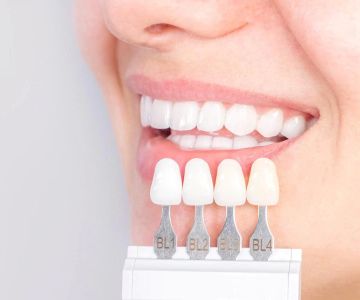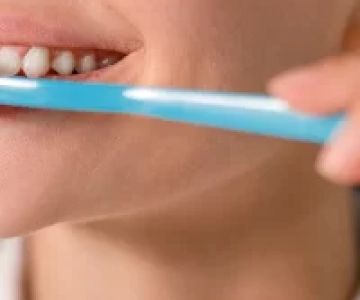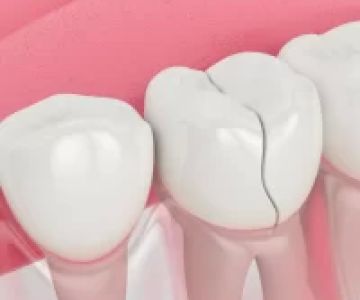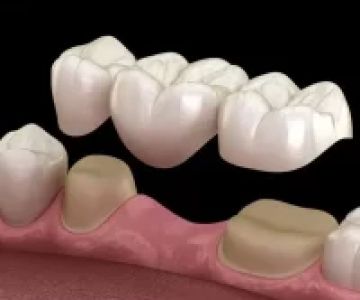- Impact of Mouth Ulcers on Eating
- How Mouth Ulcers Affect Drinking
- Coping Strategies for Eating and Drinking with Mouth Ulcers
- Treatment Options for Mouth Ulcers
1. Impact of Mouth Ulcers on Eating
Mouth ulcers, also known as canker sores, can have a significant impact on eating. The discomfort caused by these painful sores can make it difficult to chew, swallow, and enjoy food. Individuals with mouth ulcers often report experiencing sharp pain when consuming hot, spicy, or acidic foods. This pain can make meals an unpleasant experience and lead to reduced appetite or even fear of eating. For some, the idea of eating becomes stressful, knowing the discomfort it might bring.
2. How Mouth Ulcers Affect Drinking
Drinking fluids, especially hot beverages like coffee or tea, can also be painful for those with mouth ulcers. The act of sipping liquids can cause the ulcers to come in contact with the liquid, leading to irritation and intense discomfort. Cold drinks, although more soothing, might also aggravate the ulcer if consumed too frequently. This dual challenge of eating and drinking can lead to dehydration if individuals avoid drinking enough fluids due to the pain.
3. Coping Strategies for Eating and Drinking with Mouth Ulcers
There are several strategies to help ease the discomfort of eating and drinking with mouth ulcers. Choosing bland, non-acidic foods such as mashed potatoes, oatmeal, and soups can help minimize irritation. Additionally, drinking cold fluids like water or milk can offer relief. For those struggling to maintain proper nutrition, smoothies or meal replacements can provide necessary nutrients without causing additional pain. Avoiding foods that are too hot, spicy, or acidic is crucial to prevent further irritation of the ulcer.
4. Treatment Options for Mouth Ulcers
While mouth ulcers usually heal on their own within 1-2 weeks, there are various treatments that can speed up healing and reduce discomfort. Over-the-counter topical gels or ointments, which can be applied directly to the ulcer, may provide numbing relief. Antiseptic mouthwashes can also help prevent infection and reduce inflammation. For persistent or particularly painful ulcers, visiting a dentist or doctor may be necessary to explore stronger medications or treatment options.
For more information on how to manage mouth ulcers and find effective treatments, visit Dentistry Toothtruth.







 Woodbridge Dental Group and Orthodontics4.0 (265 review)
Woodbridge Dental Group and Orthodontics4.0 (265 review) Village Dentistry4.0 (130 review)
Village Dentistry4.0 (130 review) Gentle Dental Downtown Portland4.0 (123 review)
Gentle Dental Downtown Portland4.0 (123 review) Ossen Stephen M DDS5.0 (4 review)
Ossen Stephen M DDS5.0 (4 review) Nu Smile Aligner5.0 (1 review)
Nu Smile Aligner5.0 (1 review) Smiles Divine Dental4.0 (25 review)
Smiles Divine Dental4.0 (25 review) The Importance of Oral Health Education During Pregnancy for a Healthy Pregnancy
The Importance of Oral Health Education During Pregnancy for a Healthy Pregnancy Best Tips for Brushing Your Teeth Properly for Healthy Gums: Essential Techniques for Oral Health
Best Tips for Brushing Your Teeth Properly for Healthy Gums: Essential Techniques for Oral Health Why Skipping Dental Checkups Can Lead to Bigger Oral Health Problems
Why Skipping Dental Checkups Can Lead to Bigger Oral Health Problems Advantages of Porcelain Dental Restorations
Advantages of Porcelain Dental Restorations How Can Diabetes Cause Tooth and Gum Problems? Preventing and Managing Oral Health Issues
How Can Diabetes Cause Tooth and Gum Problems? Preventing and Managing Oral Health Issues Healthy Habits for Promoting Good Oral Health and Hygiene: Tips for a Healthy Smile
Healthy Habits for Promoting Good Oral Health and Hygiene: Tips for a Healthy Smile